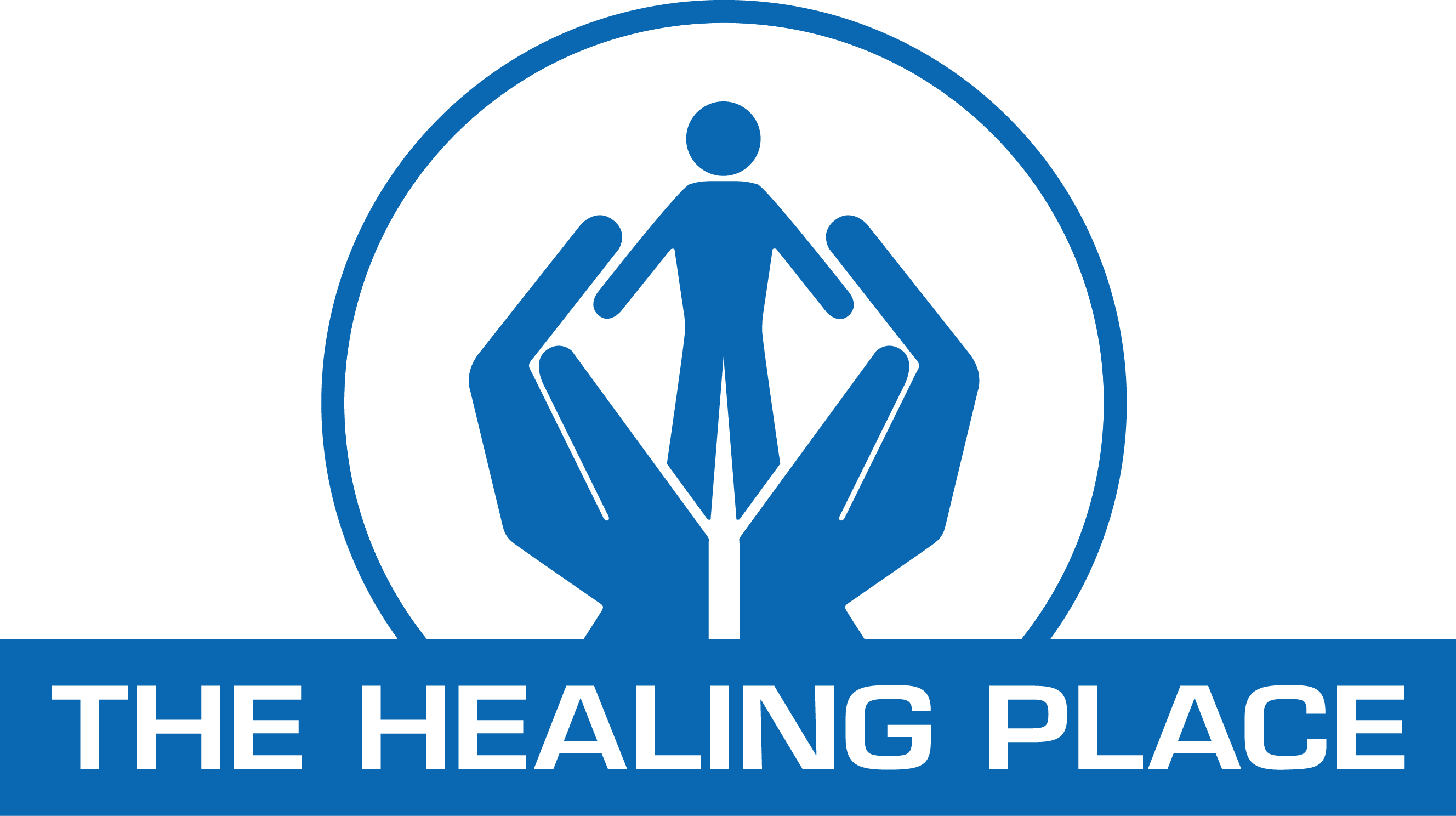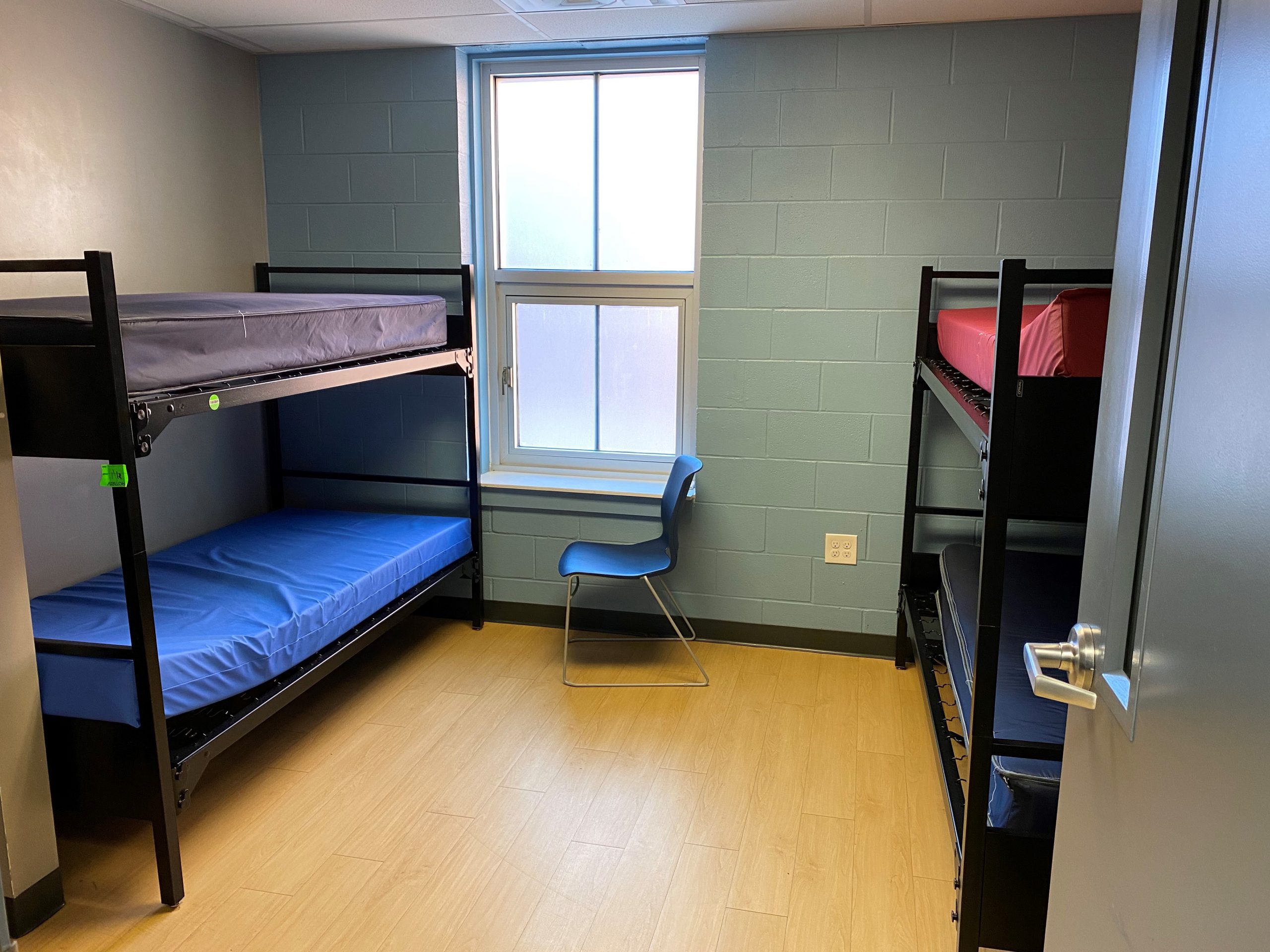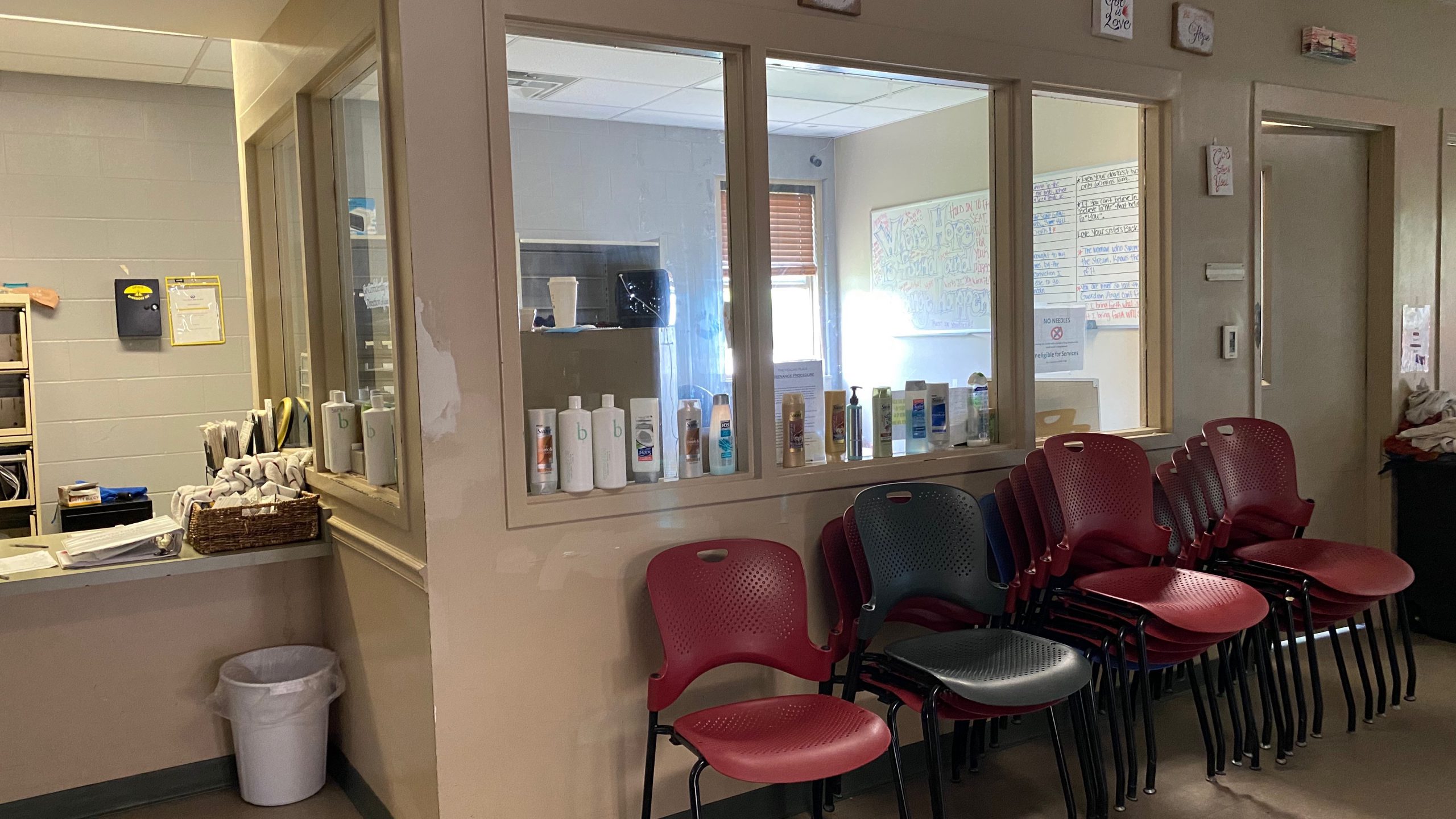
The Healing Place’s overnight shelter is special. It’s how we got our start and will always be an important part of our facilities.
Right now, The Healing Place provides 24 beds to men and 24 beds to women in our community who are experiencing short-term or permanent homelessness. We are a low-barrier shelter, meaning we have done our best to eliminate barriers that an individual may encounter when attempting to access services. We do not have a strict policy regarding arrival time, and the requirements for admission are minimal. Essentially, we provide services to anyone wishing to access it. That includes individuals who are under the influence of drugs or alcohol who may not be able to access services at other shelters.
 At The Healing Place, overnight guests have access to services including shelter beds, bathroom and shower facilities, clothing, and meals. In addition to a safe, clean place to stay, overnight guests have the option to access on-site detoxification services as well as residential and outpatient recovery programs. The Healing Place holds nightly 12-step meetings, which are open for overnight guests to attend.
At The Healing Place, overnight guests have access to services including shelter beds, bathroom and shower facilities, clothing, and meals. In addition to a safe, clean place to stay, overnight guests have the option to access on-site detoxification services as well as residential and outpatient recovery programs. The Healing Place holds nightly 12-step meetings, which are open for overnight guests to attend.
Overnight staff work on being as accommodating as possible to guests staying in the shelter. Monitors welcome our overnight guests each day and provide a brief orientation to set expectations and ensure guests can navigate our facility. Our staff are knowledgeable on community-based services and can facilitate referrals to various services in our community based on the overnight guest’s individual needs.

The Healing Place’s overnight shelter is so important to our community. With the current homeless epidemic, our overnight services are more vital now than ever to those in our community. Our shelter frequently operates at capacity illustrating not only because of the need, but also the importance of the services we provide.
When someone comes into our shelter, they may simply be looking for a safe place to stay or, they may need additional help and don’t know where to turn. When we can successfully connect someone to additional resources, whether it be residential treatment or permanent housing, we are changing lives in our community and helping people find the hope they may have otherwise lost.
